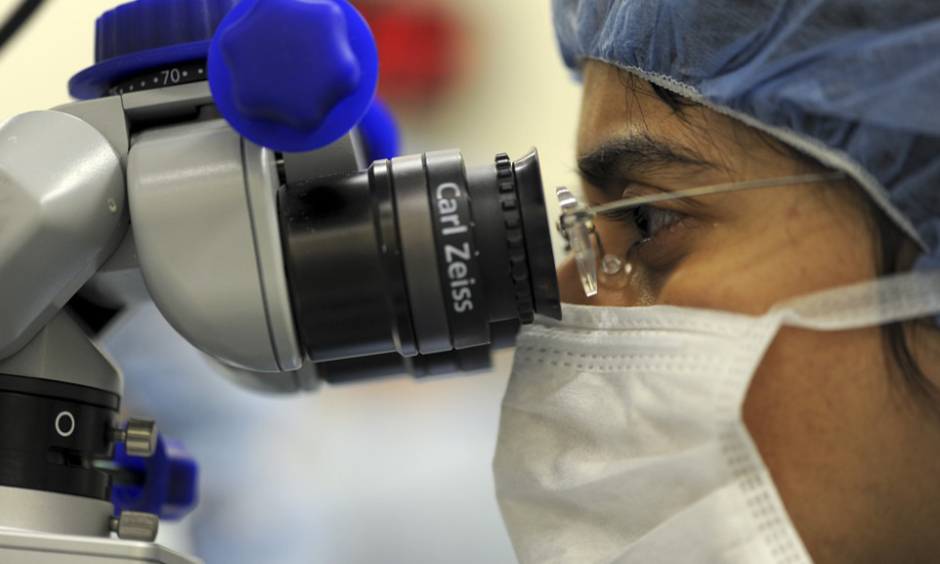IMMUNE rejection is one of the most serious risks of organ transplantation, an increasingly common procedure that is granting patients across the world better quality of life alongside extended survival times. An organ biopsy is currently the only way to determine if immune rejection has occurred, but this procedure is invasive and rarely paints a clear enough picture for clinicians to be able to identify the problem at an early stage. Now, researchers from Georgia Institute of Technology (Georgia Tech) have created a nanoparticle to revolutionise diagnosis of immune rejection at an early stage and reduce the risk of further organ damage.
The new nanoparticles have an iron oxide core surrounded by amino acid bristles containing fluorescent molecules. In the early stages of immune rejection, T cells release a specific enzyme which cleaves the bristles of the particles, releasing the fluorescent molecules. These molecules then enter the bloodstream, working their way into the urine. This means that, when delivered intravenously, the nanoparticles will allow clinicians to diagnose immune rejection using a simple urine test as opposed to the invasive organ biopsies that are currently needed.
This procedure has so far been tested in a mouse model with promising results. The mice received a small skin graft and, when the nanoparticles were administered to the mice, their urine indicated immune rejection and allowed the clinicians to easily monitor this over time. As well as helping to diagnose the problem, the urine test will hopefully mean that the dosage of immunosuppressants can be accurately adjusted, a vital but difficult part of rectifying immune rejection since a higher dosage of immunosuppressants can lead to higher incidence of cancer or serious infections.








